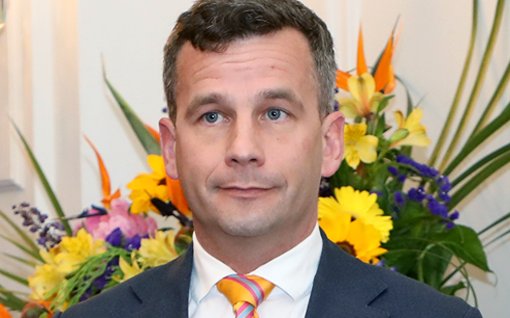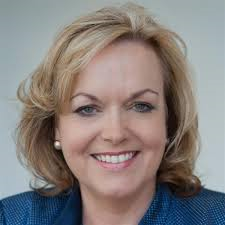


Posted April 16, 2021

Political parties rely on media attention to keep themselves and their policies relevant and in front of potential voters. Since MMP was introduced, major parties of opposition can no longer assume that this position entitles them to a particular amount of media publicity.
 There is a precedent to back this up. Remember when David Shearer was Labour Leader? While he may have been a good leader behind the scenes, his media skills were not the best. That’s why Green Party co-leader Russell Norman was often preferred by media as an opposition spokesperson. This increased the Green Party profile at the expense of Labour.
There is a precedent to back this up. Remember when David Shearer was Labour Leader? While he may have been a good leader behind the scenes, his media skills were not the best. That’s why Green Party co-leader Russell Norman was often preferred by media as an opposition spokesperson. This increased the Green Party profile at the expense of Labour.
National is now at risk of a similar fate. It’s not that the leadership is bad on the media stage like Shearer, it’s that David Seymour is so good. He knows what the media want and he gives it to them. Here are some examples. During the election campaign, most politicians said we needed to create jobs. While that’s true, it’s very abstract and boring. Seymour put it this way. “What we need is for one New Zealander to offer another New Zealander a job thousands of times.” That’s interesting, concrete and gives the media a powerful sound bite to use.
Here’s another example. This was when the government was looking at centralising some of the decisions currently made by local school boards. Rather than merely saying he thought the system was working well and any change should help support struggling students, he dressed up the point into a rhetorical question. He said: “If you want to make our education better, do you do it by undermining and messing with what we are doing well, or do you do it by helping those students who need help?”
Seymour also did this throughout the election campaign where it was very clear what ACT stood for. He would always answer media questions, but then transfer back to ACTs clear message about reducing the role of government
National's leadership did this less often and missed many opportunities to do so. Most spokespeople interviewed didn’t appear to transfer to an overall theme, leaving voters confused about what they stood for. Not that Judith Collins did a bad job at a tough time for the party, but her obesity comment when asked about National’s response to limiting sugary drinks in schools was one example. She talked about how she thought obesity was a personal choice and that got masses of media attention.
confused about what they stood for. Not that Judith Collins did a bad job at a tough time for the party, but her obesity comment when asked about National’s response to limiting sugary drinks in schools was one example. She talked about how she thought obesity was a personal choice and that got masses of media attention.
It would have been far better and still credible to answer it something like this. “That’s not something we’re focused on right now, our focus is (Then refer back to the campaign message around fixing the economy or a prepared sound bite reflecting that).”
The good news for National is that they have some good communicators in their ranks, including Collins. But they need to sharpen up on their media messaging and media skills for two vital reasons. Firstly to get their points across to potential voters, and just as importantly, to satisfy the media at the same time. Otherwise they may lose more ground to ACT and struggle to gain back those traditional supporters who voted Labour last time.
If you want to grow you media skills or those of your team, contact [email protected]